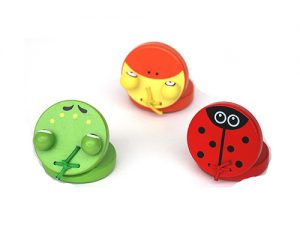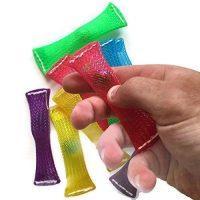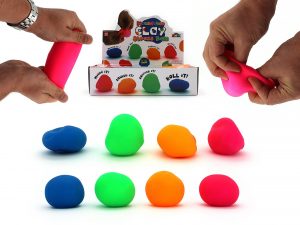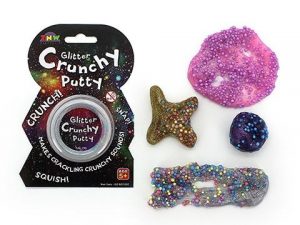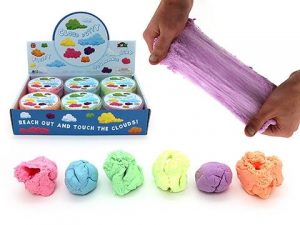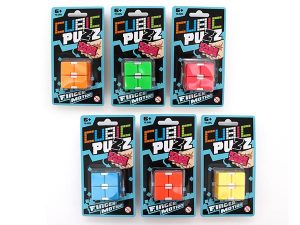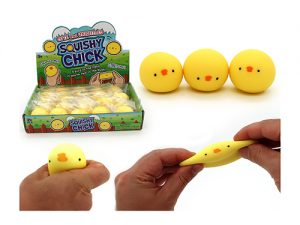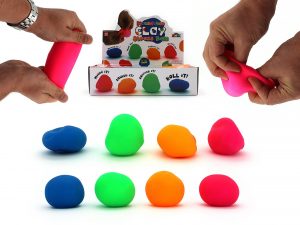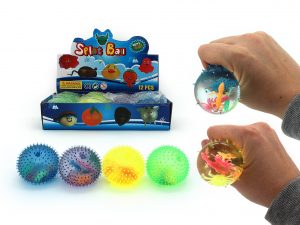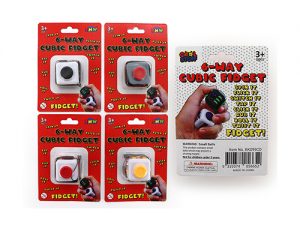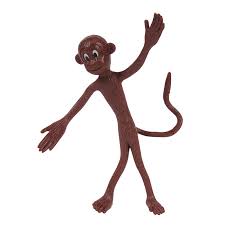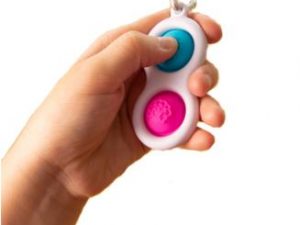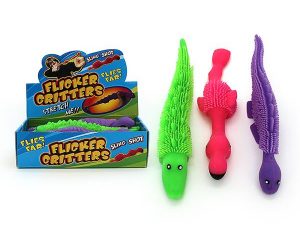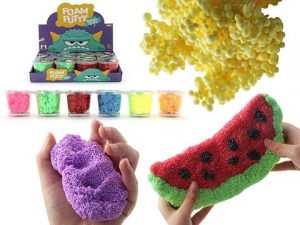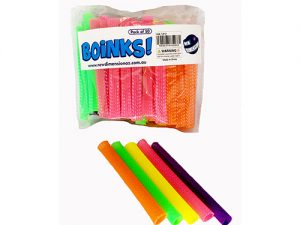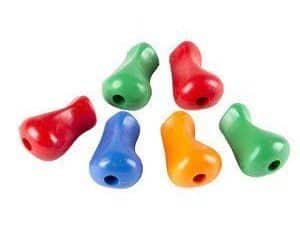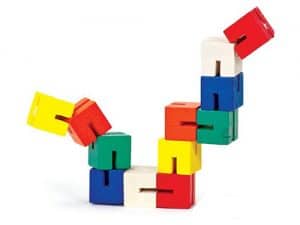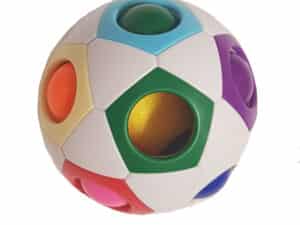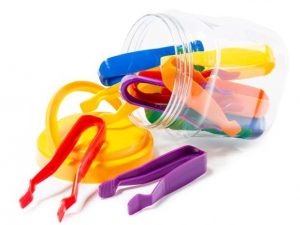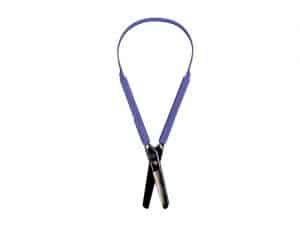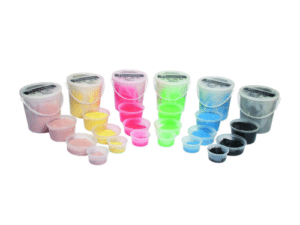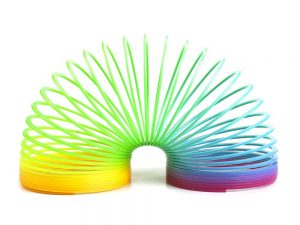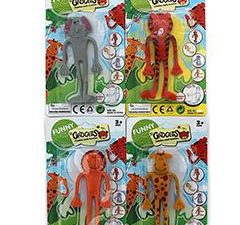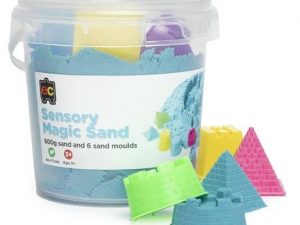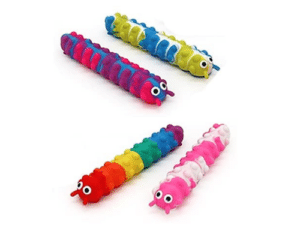Fine Motor Skills Activities
Special Needs Resources have a range of products for improving fine motor skills.
Fine motor skills are pivotal for developing children and those in aged care as they focus on improving dexterity, hand-eye coordination, and task focus. This is especially necessary for those with learning difficulties, such as autism (ASD), ADHD, and other related disorders, who need support in developing their fine motor skills.
With fun and engaging activities like puzzles, interactive games, and sensory stimulation products, anyone of any age can improve their fine motor skills to enjoy the fun things in life that require dexterity, like drawing, writing or playing sports.
Browse the full range of resources for improving fine motor skills at Special Needs Resources today!
If you’re looking for the best fine motor skills toys, there’s no better place to shop than Special Needs Resources. Our range of products is second to none and designed to help people of all ages manage the symptoms associated with autism, ADHD, and other related conditions. As an NDIS registered provider, we are approved to provide certain classes of support under participant plans, full details of which can be found on our website. Fine motor skills activities are engaging play items specifically designed to enhance and develop the small muscle movements in the hands and fingers. They often involve tasks such as: These activities are all aimed at improving precision, dexterity, and hand-eye coordination for people of all ages. These interactive products are particularly beneficial for those with learning difficulties, autism, and related disorders, as they support cognitive development, concentration, and the ability to carry out daily life tasks independently. Engaging with games, activities and puzzles is therapeutically useful and multi-faceted. They use skills in creativity, cognitive processing, sequencing and fine motor skills. It can also be a social activity for both children and adults, involving others in conversation, play and interaction. Both types of motor skills (gross and fine) enable children to become more independent. Fine motor skills are especially crucial, however, because the ability to use the smaller muscles in the hands allows children to perform self-care tasks without needing assistance. This includes: Those living in aged care who need support, also need to perform daily tasks that require fine motor skills.Helping seniors maintain their fine motor skills helps them remain as independent and engaged as possible in social and recreational activities. When selecting a product, always remember to think about the person’s interests and age to ensure it is engaging and appropriate for them to use. Games and activities offer a fantastic opportunity for children and adults with special needs to practise and refine their fine motor skills in social settings. When children interact with toys, they are encouraged to use their hands and fingers in various ways, promoting the development of coordination, strength, and precision. When interacting with products or toys, fine motor skills are employed in various ways. For example, screwing nuts and bolts, building towers with blocks, and threading beads all require dexterous use of the fingers and hands. Other products promote the development of coordination, strength and precision. Drawing, arts and crafts, and physical games such as Door Pong, Quoits and croquet can use skills whilst also being lots of fun and socially involving. In all cases, fine motor activities provide an engaging way to develop cognitive and dexterity skills, all at the same time! At Special Needs Resources, we have a wide range of activities for developing fine motor skills: With fast delivery across Australia, you can order and even bulk order (for schools and aged care facilities) fine motor skill activities straight to your doorstep. There are a number of benefits for developing fine motor skills: Fine motor skills help individuals enhance their hand-eye coordination and control over small muscle movements like finger dexterity. The tasks involved require focus, which can improve a person’s attention span. This is particularly useful for those diagnosed with anxiety, autism or a sensory processing disorder, who may find certain environments overstimulating. For people of all ages with disorders like autism or ADHD, these activities can serve as a therapeutic resource, providing a calming, engaging activity that aids sensory regulation. When choosing the right activity for developing fine motor skills, select products that encourage the use of small muscle movements in the hands and fingers. Look for products that require pinching, grasping, threading, or stacking, such as building blocks, puzzles, arts and crafts materials, and lacing beads. These activities promote hand-eye coordination, dexterity, and precision. Consider the person’s interests and age to ensure the product is engaging and appropriate for them. If you have any questions, you can read our helpful blog or reach out by contacting us directly. Fine motor skills toys are play items specifically designed to enhance and develop the small muscle movements in the hands and fingers. They often involve tasks such as threading, stacking, buttoning, or manipulating small objects, all aimed at improving precision, dexterity, and hand-eye coordination. These toys are particularly beneficial for those with learning difficulties, autism, and related disorders, as they support cognitive development, concentration, and the ability to carry out daily life tasks independently. The great part about these toys, including crayons for fine motor skills, is that those using them often don’t even realise they’re learning at the same time! It’s a win-win situation. Toys for improving fine motor skills offer a range of benefits for people of all ages. Fine motor skills toys help individuals enhance their hand-eye coordination and control over small muscle movements. These toys can help those using them understand spatial relationships, cause and effect, problem-solving, and other cognitive abilities. The tasks involved require focus, which can improve a person’s attention span. This is particularly useful for those diagnosed with anxiety, autism or a sensory processing disorder, who may find certain environments overstimulating. For children with disorders like autism or ADHD, these toys can serve as a therapeutic resource, providing a calming, engaging activity that aids sensory regulation. Looking for products for fine motor skills activities? Here are some of our most popular. Building blocks are a great way of encouraging imaginative play and creativity. The Bristle Blocks are ideal for those who are looking to improve their fine motor skills — with soft, interlocking bristles that stick together at any angle. Mini Labyrinths help to improve spatial awareness, cognitive abilities and fine motor skills — plus, they’re super fun and small enough to fit in your pocket!Shop for Fine Motor Skills Toys at Special Needs Resources
What Are Fine Motor Skills Activities?
Importance of Developing Fine Motor Skills
Young Children with Special Needs
Aged Care
Role of Activities in Fine Motor Skills Development
What Types of Fine Motor Skills Activities Do We Sell?
What are the Benefits of Developing Fine Motor Skills?
Develops Dexterity
Encourages Concentration
Therapeutic Uses
Choosing the Right Fine Motor Skills Activities
Develops Dexterity
Enhances Cognitive Skills
Encourages Concentration
Therapeutic Uses
Bristle Blocks – 112 Piece Basic Building Set
Mini Labyrinths
-
Therapy Hand Putty
$19.20 Select options This product has multiple variants. The options may be chosen on the product page -
Sensory Cotton Sand with Molds- 600g Tub
$14.50 Select options This product has multiple variants. The options may be chosen on the product page


